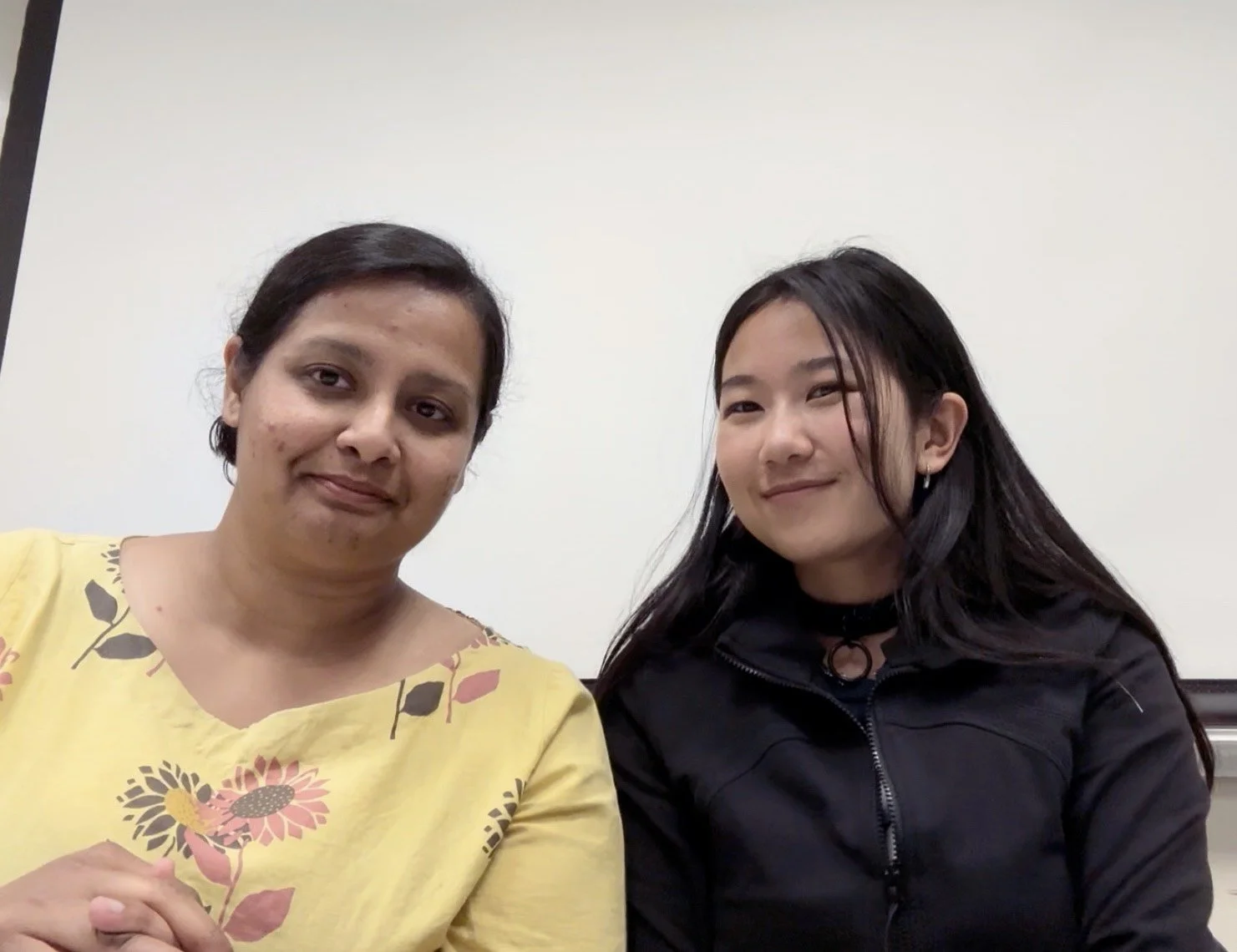Gould Sponsored Faculty Research
2023-2024
Professor Suryatapa Jha and RA Jasmine Tan
Connected by colonialism: Four plant species that illustrate the damaging consequence of exploitative colonial practices on current climate crisis
Summer 2023
Human beings depend on plants for the most basic needs of sustenance. However, over the centuries and across civilizations, that necessity has led to increasingly destructive and selfish methods of using plants and other natural resources. In addition to my research on understanding plant resilience in face of adverse environmental conditions through a biological and evolutionary perspective, I have incrementally wondered about the role Anthropocentric needs of land use have on the nature scape and biodiversity. To address this, this study will emphasize on four plant species – Cinchona, Indigo, Sugarcane, and Tea, as examples to elucidate the role of expansive colonial agricultural practices in shaping the society and economy of that period and how that subsequently contributed to the major environmental challenges that we face today.
Professor Aseema Sinha and RA Justin Shen
Time, State Building, And Pandemic Responses Across The World
Summer 2023
On January 20 , 2020, the first case of COVID-19 was confirmed in South Korea, the same day the US found its first positive case. Yet, the two countries’ ability to respond effectively to COVID-19 diverged dramatically. Scholars have identified policies and state capacity as crucial variables. But, where do these institutions come from? How do countries develop and build state capacity faced with complex, fast-moving public health crises? This book project seeks to assess how states build and create capacities necessary for addressing a complex health crisis across carefully chosen cases in East Asia and Europe for comparison with the United States. During Summer 2023 I focus on the conceptual framework of this book project. We know that institutional capacities are built over time and through previous social memories but we need to think about how to integrate time in our analysis explicitly. During Summer 2023 I will review and bring in a wide variety of writings on time to develop a conceptual map regarding time and historical legacies. This will constitute the introduction and chapter 2 of the book manuscript. While understanding the institutional dimensions of a variety of COVID-19 responses is of great interest to the scholarly community and the policy world as well as the larger public, this project goes deeper to develop a conceptual way of thinking about the time-specific roots of state-specific and societal responses. Then, this common framework will be deployed to analyze a wide variety of country cases across the world in the rest of the book.


